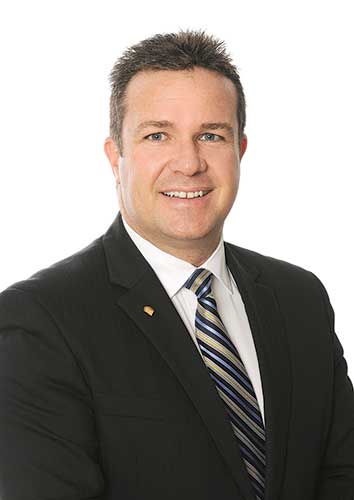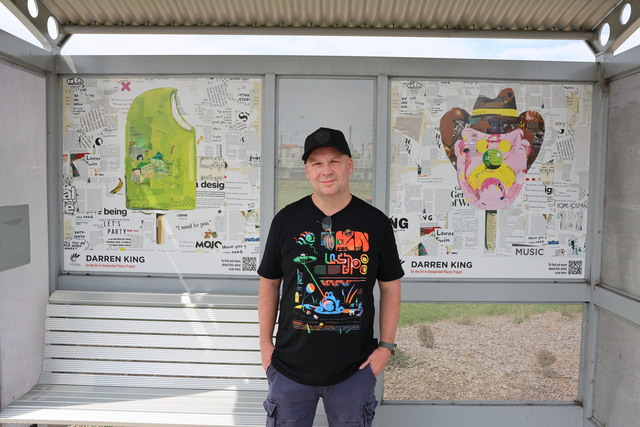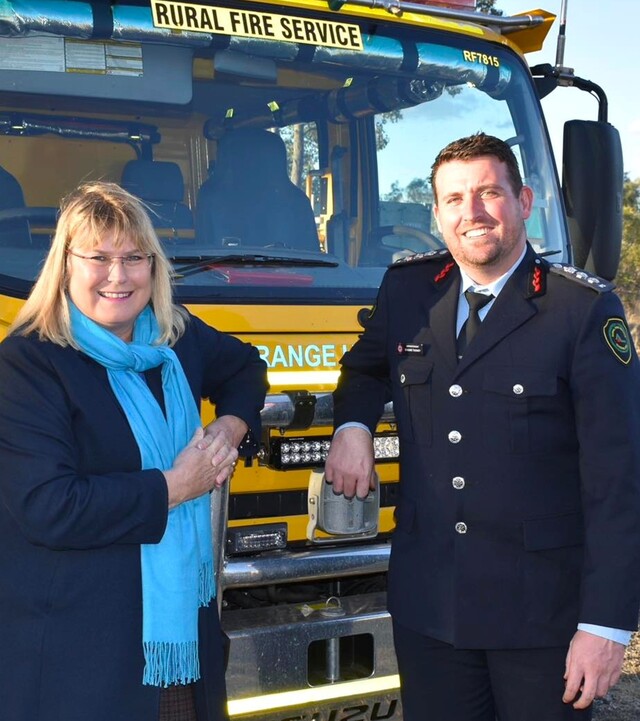The focus of the Federation reform debate has switched to tax over the past few weeks with submissions on the Taxation Issues Paper released by the Commonwealth Treasury due on 1 June.
Prior to lodging Australian Local Government Associations’ Submission, I participated in a roundtable on tax reform convened by the Treasury.
I highlighted local government’s priorities, both for reform in how tax revenue is raised, but also the importance to the sector on how tax revenue is allocated between the levels of government to meet the community’s needs.
From the sector’s perspective, there are two sides of the tax coin and both must be addressed in any reform.
We need to remember that local government raises just over three percent of tax revenue through property rates, which is our only tax base out of the 260 or so taxes levied in Australia, however we are responsible for more than $350 billion of non-financial assets or about a third of such assets held by all levels of government.
The Commonwealth, with 82 percent of the tax revenue, has just 10 percent of the assets.
It is no wonder that councils face a sustainability challenge with 20 percent of our expenditure going on depreciation compared with less than six percent for the states and less than two percent for the Commonwealth!
Against this background there can be no justification for the political opportunism of rate capping by state governments and for the lack of adequate funding from the Commonwealth which needs to ensure that councils are allocated a fair share of broad tax revenue for the provision of important local services and infrastructure.
These are some of the key messages I will be pursuing in coming weeks at the COAG level as the nation’s leaders focus on the Federation and Taxation White Papers.








